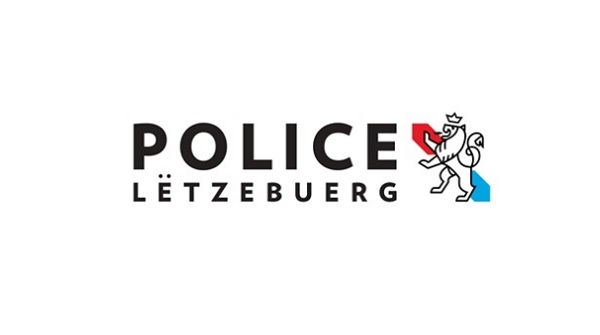
On Monday 27 November 2023, the Grand Ducal Police confirmed that 10 people have been arrested for laundering the proceeds of criminal activities resulting from frauds committed in Luxembourg.
In the context of the numerous waves of phishing and “grandson scam” type scams of which many people residing in Luxembourg have been victims since December 2022, preliminary investigations have been carried out by the Police and the Luxembourg Public Prosecutor's Office, investigations which involved close cooperation with the Financial Intelligence Unit.
Between 13 and 23 November 2023, no less than ten suspected money mules, who made their bank account or bank card available for such activity, were arrested following searches and targeted actions carried out by the Anti-Money Laundering Section of the Police Department Judicial under the direction of several investigating judges of the Luxembourg District Court. Many of these alleged perpetrators, suspected of laundering the proceeds of crimes, i.e. funds generated by the aforementioned scams, were arrested.
The prosecution and defence investigation is taking its course within the framework of good and close collaboration between the judicial authorities and the Police.
Money Muling: To gain possession of the proceeds of their offence, the perpetrators of the phishing attacks and other scams use an operational money laundering structure, organised and structured at different levels and involving a significant number of Luxembourg residents, recruited primarily through Snapchat or other social media as well as messaging platforms. Often, these are young people or people in a precarious financial situation.
The Police and the Luxembourg Public Prosecutor's Office have pointed out that making one's account and/or bank card available to third parties in exchange for financial remuneration to pass fraudulently transferred funds may be subject to criminal prosecution.
In addition to the freezing of bank accounts and the seizure of funds, those accused of money laundering risk a prison sentence of one to five years and/or a fine of €1,250 - €1,250,000 as well as their assets being frozen. In the event that the assets cannot be found, confiscation may be applied to other property belonging to the convicted person up to the value of the assets having passed through the account.








